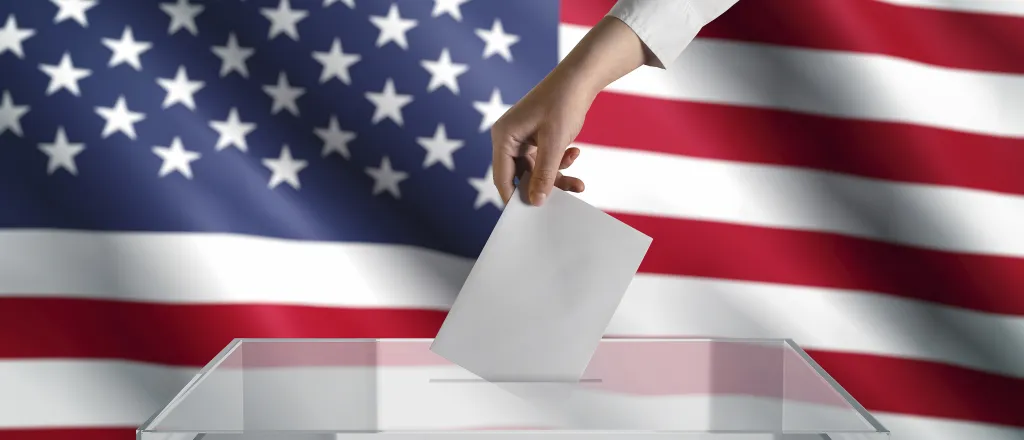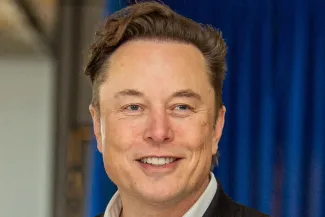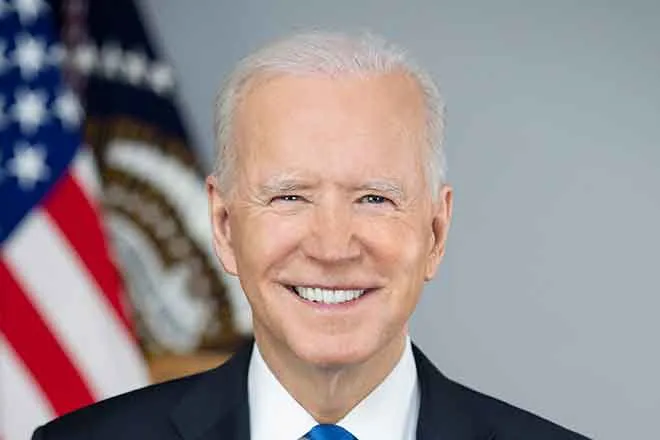
Elon Musk says he’ll launch the ‘America Party.’ Can he get candidates on the ballot?
© iStock - sefa ouzel
Elon Musk’s announcement that he plans to form a new political party came easily, with the billionaire simply posting his intentions on his social media platform, X. Now comes the hard part.
If the world’s richest man seriously pursues his goal of standing up what he calls the America Party, Musk will have to navigate a patchwork of state-level requirements to get his party and its candidates on general election ballots across the country.
The two-party system has largely retained its grip on American politics for more than a century. The Tesla CEO has plenty of money, but loosening that grip would test the America Party’s organization and popular support.

Elon Musk - Public Domain
Musk enjoyed extraordinary entree into the White House this winter as he led the Department of Government Efficiency task force. But he broke with President Donald Trump and congressional Republicans over the One Big Beautiful Bill Act, Trump’s signature domestic policy package containing massive tax cuts and deep reductions to social services funding. The law, which Trump signed July 4, is expected to add more than $4 trillion to the national debt.
“When it comes to bankrupting our country with waste & graft, we live in a one-party system, not a democracy,” Musk wrote on X July 5. “Today, the America Party is formed to give you back your freedom.”
Musk appeared to signal his party would for now focus on a small number of competitive congressional races, rather than attempting to put forward a nationwide slate of candidates. He posted that one way “to execute” on creating the party would be to “laser-focus” on two or three U.S. Senate seats and eight to 10 House seats. Musk made no mention of running candidates for state legislatures or other state-level offices.
Given the thin margins separating Republican and Democratic control of Congress, electing a few of his third-party candidates would allow members of Congress from the America Party to serve as the deciding vote on contentious measures, Musk wrote.
The nonpartisan Cook Political Report, which ranks U.S. House and Senate races by competitiveness, lists three toss-up Senate seats and 18 toss-up House districts in 2026. All told, competing in those races would require getting on the ballot in 15 states.
A small sample of what Musk would face:
- In Michigan, Democratic U.S. Sen. Gary Peters isn’t running for reelection, creating an open race. Candidates of new political parties must gather signatures of registered voters equal to 1% of the total number of votes in the last election for governor, in this case about 44,620. At least 100 voters in each of half of the state’s congressional districts must sign the petitions.
- In Georgia, where Democratic U.S. Sen. Jon Ossoff is running for reelection, an America Party candidate would need to collect signatures equivalent to 1% of the number of registered voters eligible to vote in the previous election.
- In North Carolina, Republican U.S. Sen. Thom Tillis announced he wouldn’t seek reelection after Trump threatened to find a primary opponent because of Tillis’ opposition to the tax and spending bill. If Musk wants to form a political party in the state, he’ll need to gather the signatures of at least 13,979 registered and qualified voters statewide, including at least 200 registered voters from three different congressional districts.
- In Ohio, two U.S. House races appear on Cook’s toss-up list: the 9th District, held by Democratic Rep. Marcy Kaptur, and the 13th District, held by Democratic Rep. Emilia Sykes. To register as a minor political party, the America Party would need signatures of voters equal to 1% of the total vote for governor or for president at the most recent election for those offices. The petition would also have to be signed by at least 500 voters within each of at least half the state’s congressional districts.
Nick Troiano, executive director of Unite America, an organization that seeks to improve political representation by advocating open primaries in which all candidates regardless of party compete against each other for the support of voters, said the America Party could shake up politics. But, he added, history demonstrates that without structural change, Musk’s effort is unlikely to truly disrupt the two-party system.
Troiano didn’t take a position on whether Musk should form a new party, but said that if the mogul goes ahead with the idea, the new party should embrace open primaries.
“If Elon wants to help fix our democracy, his new party should build on his support for opening primaries and make nonpartisan election reform the foundation of its efforts,” Troiano said in a statement to Stateline.
Of course, Musk’s America Party would be far from the first third-party effort. The Green Party, the Libertarian Party and other minor parties all put forward candidates in elections across the country at all levels of the ballot — from contests for governor up to president.
Musk’s gambit could potentially work, said Bob Beatty, a political science professor at Washburn University in Topeka, Kansas. Independent and third-party campaigns can be successful with the right candidate and enough money, he said, pointing to Jesse Ventura’s election as Minnesota governor in the 1990s as a Reform Party candidate and Joseph Lieberman’s reelection to the U.S. Senate as a third-party candidate in 2006 after he lost the Connecticut Democratic primary.
And Musk, with effectively unlimited resources, could likely gather the signatures necessary to get candidates on the ballot in at least a subset of states, Beatty said. That’s because he could pay for an army of workers to gather signatures in the states where he wants to run candidates.
“At first blush, you’re like, ‘Third party, Trump or someone could say that’s crazy, it’s not going to work.’ A lot of people would say that,” Beatty said. “But when you look at his tactical approach, it’s something to take seriously.”

















